Greetings, it’s Marsha and you guessed it—I’m back with more to say on dogs and training. This week, I’ll be covering self regulation.
When it comes to dog training, fostering self-regulation is a valuable skill that can bring numerous benefits to both you and your pup. Self-regulation refers to a dog's ability to control their impulses, emotions, and behavior in various situations without constant intervention from their owner. By working on this important aspect of training, you can empower your dog to make appropriate choices and exhibit self-control even when faced with distractions or tempting situations. Continue reading as we explore what self-regulation entails, how you can work on it with your dog, and the many advantages of developing this skill.
Building a Solid Foundation: Basic Obedience Training
Building a solid foundation through basic obedience training is key for developing self-regulation in your dog. These fundamental skills, such as "sit," "stay," and "leave it," not only establish a line of communication between you and your dog but also serve as building blocks for self-control. By teaching these skills, you provide your dog with a framework for understanding boundaries and making conscious choices. Patience is key during this training process, as learning takes time and consistency. Employ positive reinforcement techniques, such as treats, praise, and play, to motivate and reward your dog for their progress. By doing so, you create a positive association with obeying cues and reinforce the concept of self-control. Through basic obedience training, you lay a solid groundwork that sets the stage for further development of self-regulation in your dog's behavior.
Gradually Introduce Distractions
Gradually introducing distractions is an important step in fostering self-regulation in your dog. Once your dog has demonstrated proficiency in basic commands within a controlled environment, it's time to challenge them with real-life distractions. Start by incorporating mild distractions, such as toys or low-level noises, during training sessions. As your dog becomes more comfortable and adept at maintaining focus, gradually increase the level of difficulty by introducing more enticing or stimulating distractions. This could involve using food, engaging in outdoor training sessions, or even incorporating other animals. It's essential to be mindful of your dog's individual progress and adjust the level of distraction accordingly. By incrementally exposing your dog to distractions, you provide valuable opportunities for them to practice self-regulation in increasingly challenging scenarios. This gradual approach ensures that your dog remains engaged, motivated, and successful throughout the training process, further enhancing their ability to maintain self-control in various real-life situations.
Impulse Control Exercises
Impulse control exercises play a pivotal role in honing your dog's self-regulation abilities. By incorporating specific exercises like the "wait" or "stay" commands before mealtime or passing through a door, you instill a sense of patience and discipline in your dog. These exercises teach them that good things come to those who wait and that impulsive behavior does not lead to rewards. Consistency is vital in reinforcing the desired behavior, ensuring that your dog understands the importance of waiting for your signal before engaging in certain activities. Clear communication, both verbal and non-verbal, is essential to avoid confusion and to help your dog grasp the concept of self-regulation more effectively. Over time, through these impulse control exercises, your dog learns to exercise restraint and self-control, which will positively influence their behavior in other situations as well. The consistent practice of impulse control builds your dog's ability to make thoughtful choices, leading to a well-behaved and well-adjusted canine companion.
Patience and Rewarding Calm Behavior
Patience is a cornerstone of successful dog training, especially when working on self-regulation. As a responsible owner, it's crucial to understand that learning and behavior change take time and effort. Encouraging and rewarding calm behavior is an effective way to foster self-control in your dog. Whenever your dog demonstrates self-regulation or makes appropriate choices, offer immediate positive reinforcement. This reinforcement can take the form of treats, verbal praise, or engaging in play with them. By consistently associating calm behavior with positive outcomes, you reinforce the message that self-regulation leads to rewards. Over time, your dog will learn to internalize this connection, becoming more adept at making good decisions independently. As you patiently and consistently reinforce positive behavior, you'll witness your dog's self-control blossom, leading to a well-mannered and well-behaved companion that can handle various situations with composure and confidence. Remember that every dog is unique, so remain patient, encouraging, and understanding throughout the training process to achieve the best results.
Benefits of Developing Self-Regulation in Your Dog:
Improved impulse control
Improved impulse control is a significant benefit of developing self-regulation in dogs. Dogs with strong self-regulation skills are more capable of resisting the urge to engage in unwanted behaviors such as jumping, excessive barking, or destructive chewing. They learn to pause and think before acting, making better decisions based on the training and guidance they have received. By exercising self-control, dogs can resist temptations that may otherwise lead to undesirable outcomes. For instance, a dog with good impulse control will refrain from lunging at a passing squirrel or grabbing food from the counter, even when enticed. This ability to resist impulses and make thoughtful choices contributes to a more peaceful and harmonious coexistence between dogs and their owners, fostering a safer and more enjoyable living environment for everyone involved. Through self-regulation, dogs become more reliable and trustworthy companions, minimizing disruptions and potential damage while enhancing their overall well-being.
Enhanced focus and responsiveness
Enhanced focus and responsiveness are significant advantages of developing self-regulation in dogs. When dogs have learned to self-regulate, they exhibit improved concentration and attentiveness to their owners, even in the presence of distractions. This heightened focus allows for more productive and effective training sessions. Self-regulated dogs are better equipped to tune out environmental stimuli and maintain their attention on the task at hand, making it easier for them to comprehend and respond to cues. This increased responsiveness not only facilitates training progress but also strengthens the bond between you and your dog. As your dog becomes more attuned to your cues and consistently demonstrates self-control, the communication between you deepens, fostering a stronger connection built on trust and understanding. The ability to maintain focus and respond promptly to cues not only enhances training outcomes but also carries over into daily life, ensuring a smoother and more enjoyable experience for both you and your canine companion.
Stress reduction
Developing self-regulation in dogs contributes to significant stress reduction and emotional well-being. Dogs that possess self-regulation skills are better equipped to handle stressful or exciting situations with composure. By learning to control their impulses and emotions, they are less likely to become overwhelmed or react anxiously in challenging circumstances. When faced with stressors such as loud noises, unfamiliar environments, or crowded spaces, self-regulated dogs can maintain a sense of calm and exhibit appropriate behavior. This ability to self-soothe and remain composed reduces the likelihood of anxiety or fear-related problems, promoting a healthier and more balanced emotional state for the dog. Additionally, by experiencing reduced stress levels, self-regulated dogs are more capable of adapting to new environments, socializing with other animals, and navigating potentially overwhelming situations. This increased resilience and emotional stability enhance the overall quality of life for both the dog and their human companions.
Improved social interactions
Improved self-regulation in dogs greatly benefits their social interactions with other dogs and people. Dogs with well-developed self-regulation skills are more likely to exhibit appropriate behavior during social encounters. They can control their impulses, remain calm, and respond in a composed manner, which contributes to positive social interactions. With self-regulation, dogs can effectively manage their excitement, arousal, and impulses, reducing the likelihood of engaging in excessive jumping, lunging, or aggressive behavior. Instead, they can engage in polite greetings, maintain appropriate boundaries, and respond to social cues from other dogs and people. This ability to self-regulate fosters peaceful interactions, reduces conflicts, and promotes a safe and enjoyable environment for everyone involved. Additionally, improved social interactions enhance the dog's socialization skills, allowing them to navigate a variety of social settings with confidence and ease. Dogs that demonstrate self-regulation are more likely to be welcomed and accepted by other dogs and humans, leading to more positive and fulfilling social experiences throughout their lives.
Ultimately, the investment of time and effort in developing self-regulation in your dog is a journey that yields lifelong rewards. It is a testament to your commitment as a responsible owner and a testament to your dog's potential for growth and development. Through patience, consistency, and positive reinforcement, you can guide your dog towards becoming a well-behaved companion who exhibits self-control and makes appropriate choices in various situations. The benefits of self-regulation extend beyond obedience; it lays the groundwork for a harmonious relationship built on trust, understanding, and mutual respect. Together, you and your dog can navigate the challenges of life with confidence, enjoying the joys of positive interactions and a balanced existence. Embrace the journey, celebrate the milestones, and relish in the transformation of your canine companion into a self-regulated and well-behaved member of your family.

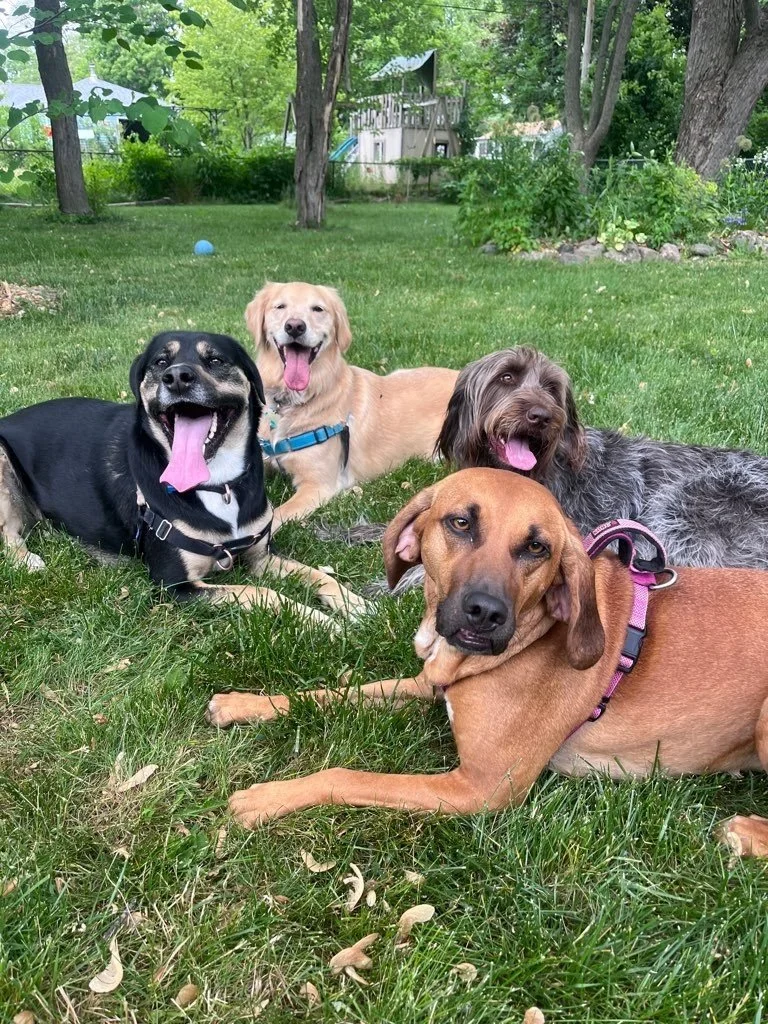
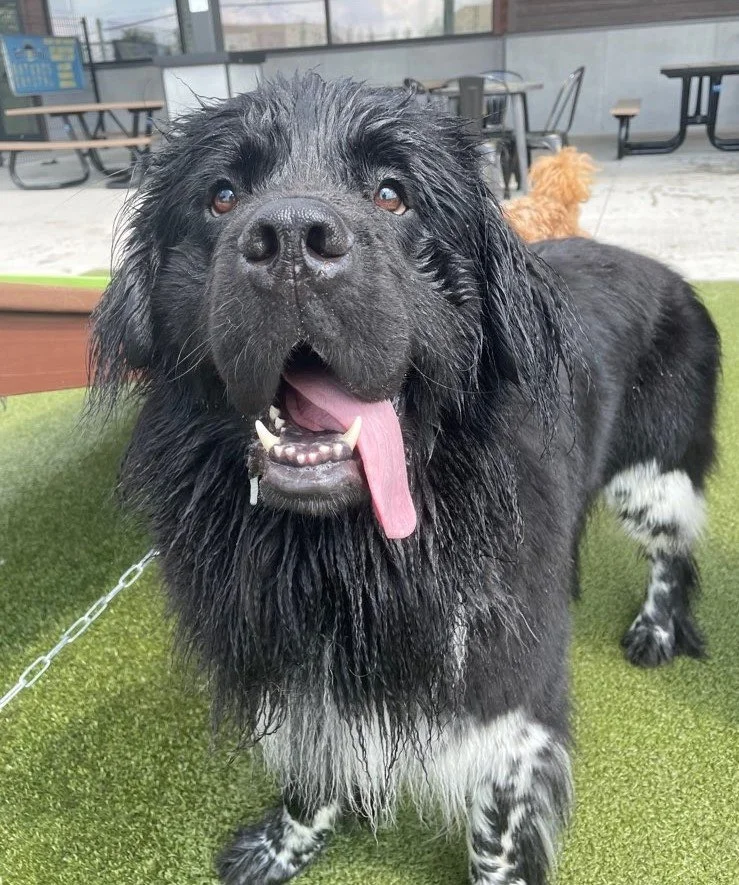

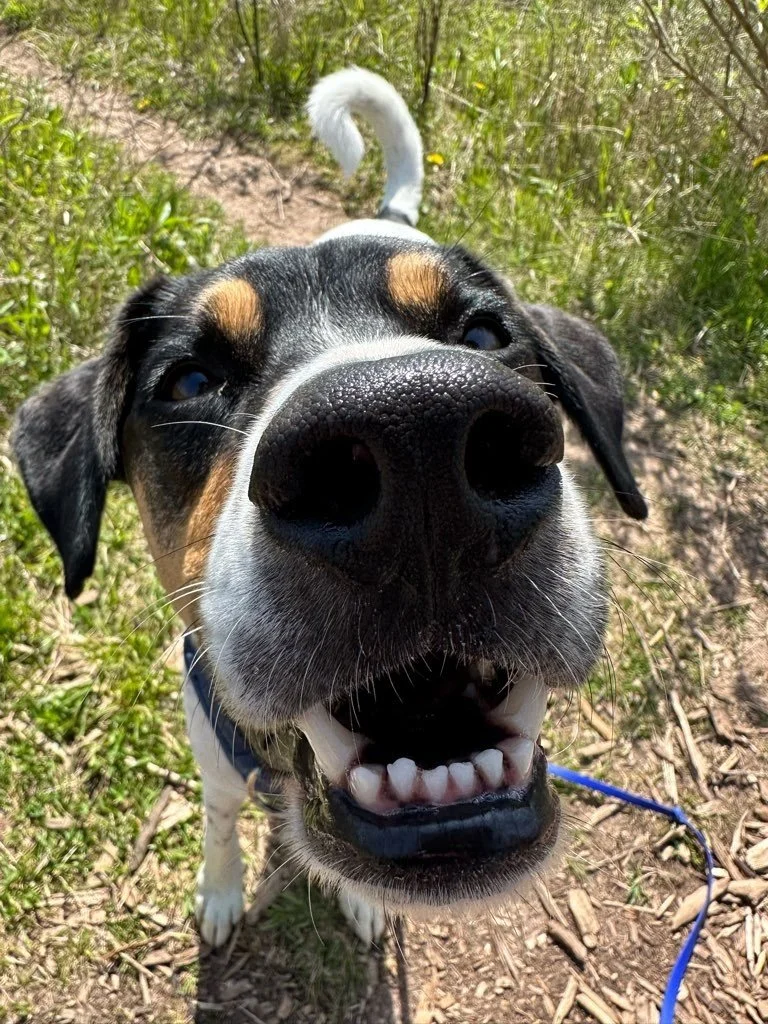
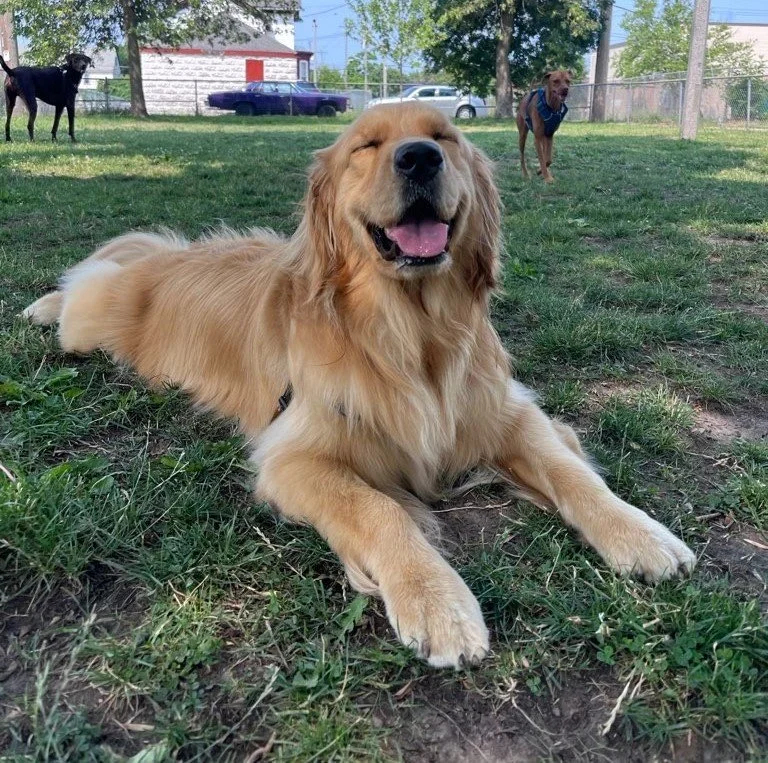
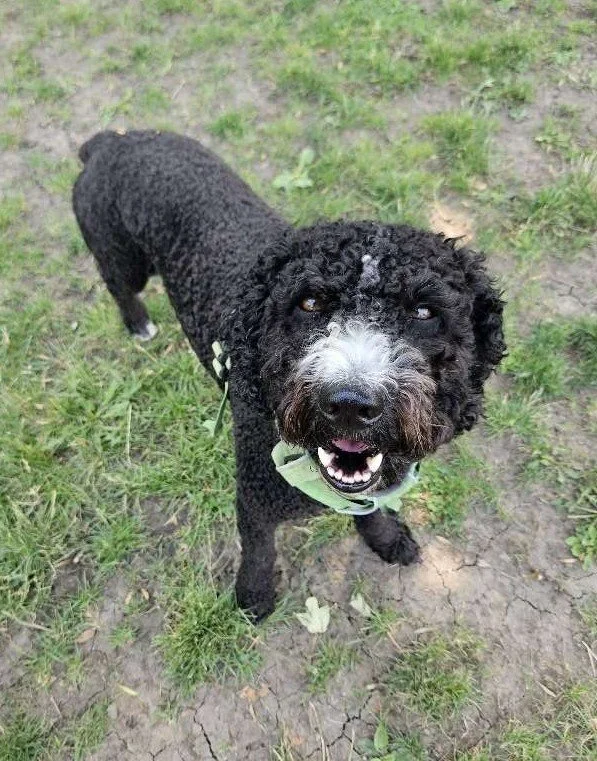
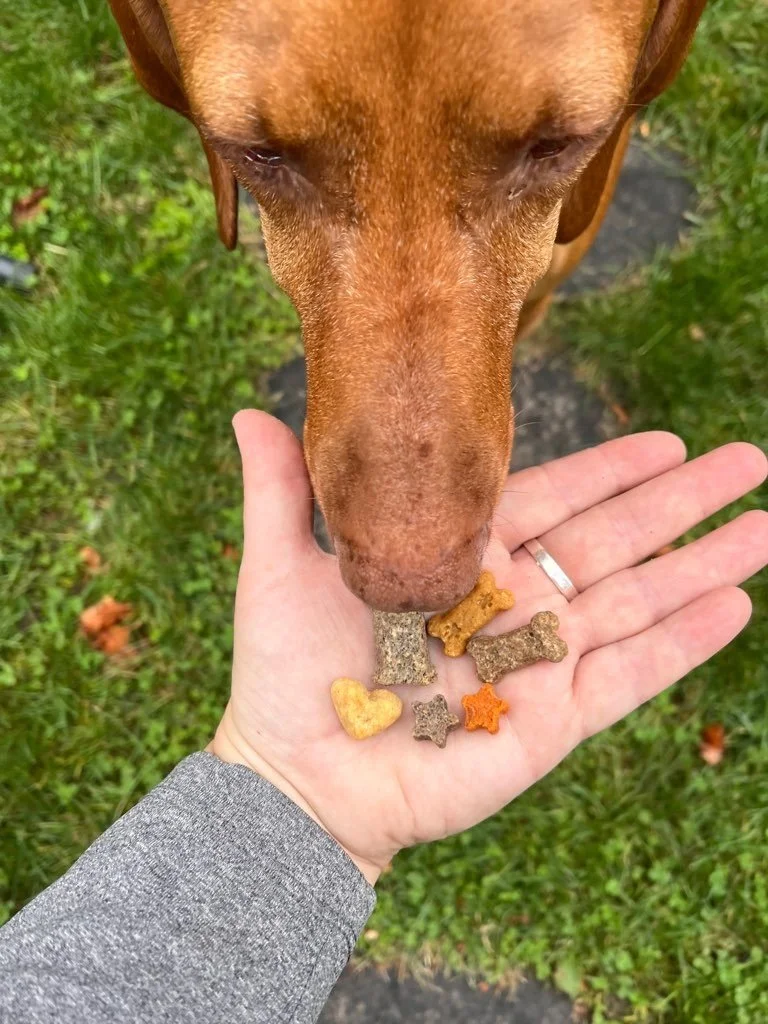

Discover the benefits and practical applications of choice-based dog training methods, also known as positive reinforcement or force-free training. Join us in exploring how giving your furry friend choices during training can lead to stronger skills and a more fulfilling and harmonious relationship for both you and your pup.